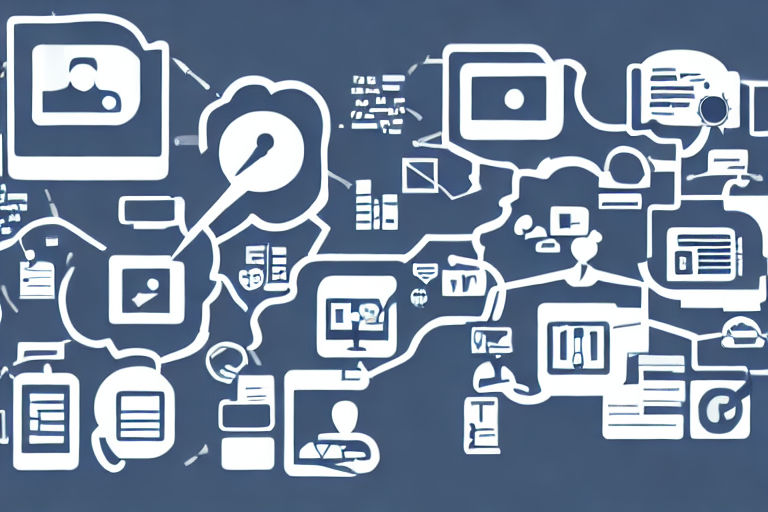The History of the Internet and Its Impact on Society
Origins and Early Development
The concept of a global network connecting computers originated in the 1960s with projects such as ARPANET (Advanced Research Projects Agency Network).
ARPANET was developed by the United States Department of Defense as a means of sharing resources and data between research institutions.
- The first successful transmission of data over ARPANET occurred in 1969.
- The network grew rapidly in the 1970s, connecting universities, government agencies, and research labs.
The Birth of the World Wide Web
In 1989, Tim Berners-Lee, a British computer scientist, proposed the World Wide Web (WWW).
- The WWW introduced a new way of organizing and accessing information online, using hyperlinks and web pages.
- The first website was created at CERN in Switzerland in 1991.
Commercialization and Global Reach
The early 1990s saw the commercialization of the Internet with the emergence of Internet service providers (ISPs) and web browsers.
- Companies such as AOL and Netscape made the Internet accessible to the general public.
- The number of Internet users grew exponentially, leading to a global interconnectedness.
Impact on Society
The Internet has had a profound impact on society, transforming various aspects of our lives:
- Communication: Email, social media, and instant messaging have revolutionized the way people communicate.
- Education: The Internet provides access to countless educational resources and online learning platforms.
- Business: E-commerce, online marketing, and cloud computing have created new business opportunities.
- Social connections: Social media and online communities have facilitated connections and interactions between individuals from all over the world.
- Information access: The Web has become the primary source of information for many people, providing a vast repository of knowledge and news.
Challenges and Future Prospects
While the Internet has brought numerous benefits, it also presents challenges:
- Digital divide: Unequal access to the Internet creates disparities in opportunities and information access.
- Data privacy and security: The collection and use of personal data on the Internet raise concerns about privacy and security.
As the Internet continues to evolve, its impact on society will continue to be significant. Advancements in technology, such as artificial intelligence and the Internet of Things, hold the potential to further transform our lives.



